

- Photovoltaic
- Labelling
- FlexibleCircuitry
- Transfer & Release
- Electrical Insulation
- Flexo & Offset
- Biomedical
- Differentiated Industrial Applications

Coveme's commitment to a sustainable future is reflected in the numerous environmental and social activities carried out by the company. Within the production activity, particular attention is paid to central themes such as: the implementation of production processes designed to limit emissions and consumption, the development of eco-sustainable, recycled and recyclable products, and the feasibility study of a closed loop recycling project (i.e. circular economy) that the company is carrying out together with scientific and industrial partners.
Educational programs, sports sponsorships and donations to charities both nationally and internationally complete the picture of a long-lasting and constant social commitment by Coveme.
The company is certified ISO 14001: 2015 for environmental management, an important certification that testifies to the awareness of wanting and being able to contribute to a model of sustainable growth, which places the environmental issue at the centre. Coveme also obtained the Ecovadis rating, a platform that evaluates the sustainability performance of companies from the point of view of environmental, social and governance aspects.
In 2022 Coveme finally completed its first sustainability report and calculated the company's Carbon Footprint (CFP) according to the GHG Protocol, scopes 1,2,3.
 Download Sustainability report
Download Sustainability report
Coveme is ISO 14001: 2015 certified for environmental management since 2012 and ISO 45001:2023 certified for occupational health and safety, wheras in 2021 it received the Bronze Medal of the Ecovadis rating and the Ecomate rating, platforms that evaluate the solidity of society from an environmental, social and governance point of view.
The company also published its first Sustainability Report in 2023 and calculated the organizational Carbon Footprint according to the GHG Protocol, purposes 1,2,3. Since 2024 it has implemented a Strategic Sustainability Plan for the entire group.

In 2012 the company adopted the international standard ISO 14001 which establishes the requirements for an environmental management system. For Coveme, the voluntary adoption of an environmental management system means committing itself to reducing its impacts, paying attention to the consumption of natural resources and improving its environmental performance in compliance with legal requirements.
This is a strategic choice for Coveme, which is aware of the value and importance of being able to contribute to a sustainable growth model that places the environmental issue at the center.
Coveme, by pursuing the environmental management policy of ISO 14001, participates in the achievement of some of the objectives in the UN Agenda 2030 for sustainable development, more precisely Goals 7,8,9,12,13.
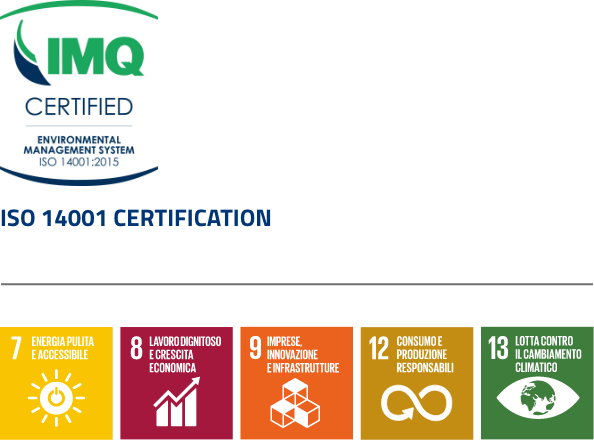
The continuous attention in guaranteeing adequate working conditions in terms of health and well-being has led Coveme to obtain the ISO 45001 certification. This standard with its systemic approach guides the company in risk management, in managing legislative compliance, the diffusion of increasingly safe work practices, and in the assessment of workers' health.
Coveme, by promoting the occupational health and safety policy of ISO 45001, participates in the achievement of some of the objectives in the UN Agenda 2030 for sustainable development that are Goals 3 and 8.
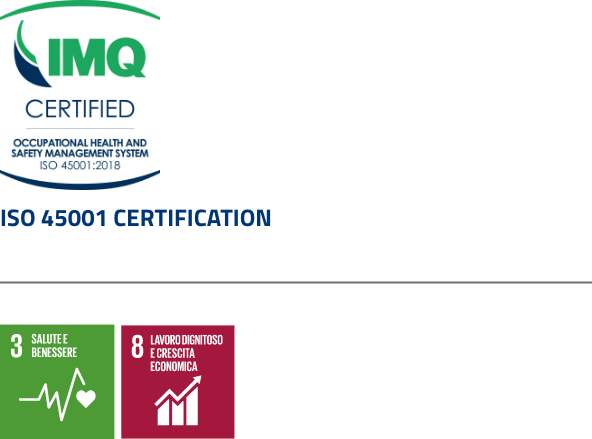
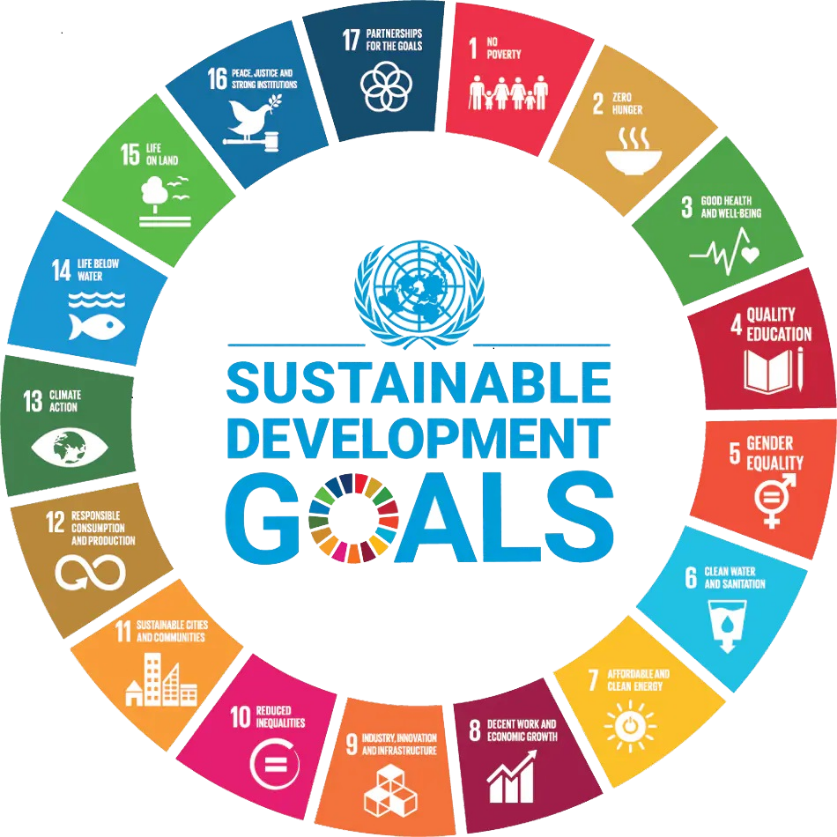
The UN Agenda 2030 is an action program for people, the planet and prosperity signed in September 2015 by the governments of the 193 UN member countries and incorporates 17 different objectives for Sustainable Development, the Sustainable Development Goals, short SDGs.
The official launch of the Sustainable Development Goals was at the beginning of 2016, and these goals have the task of guiding the world over the next 15 years with the aim to help the countries involved in their achievement by 2030
In 2024 Coveme received the bronze medal from the Ecovadis rating, a platform that evaluates the sustainability performance of companies which places the company in the highest 77th percentile of the market. Coveme's overall score was 65/100, which is 35% higher than the industry average. This is a great achievement for the Coveme team.
The rating is based on the main international sustainability standards that take into account the sector, size and geographical location of the company.
The score takes into account the policies adopted, the actions taken and the results obtained by Coveme with respect to 21 sustainability criteria collected in four macro-areas: environment, work practices and human rights, ethics and sustainable purchases.
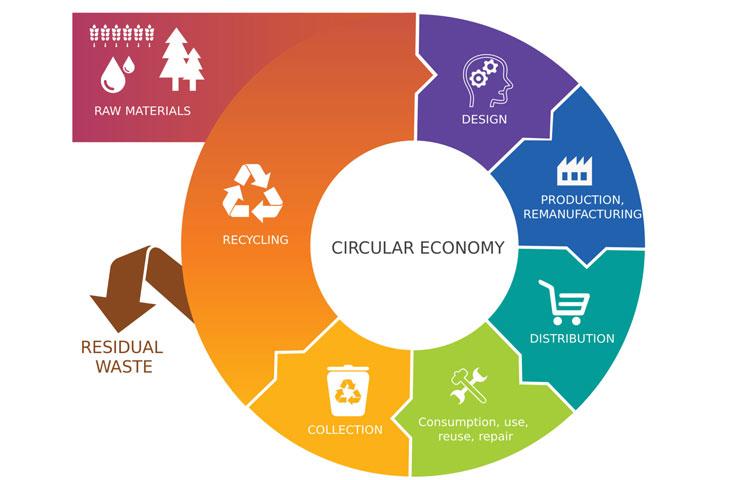
Coveme is working in partnership with customers and suppliers to offer the market eco-friendly products and to contribute to a circular economy and "Life Cycle Assessment (LCA)" process:
Coveme promoted the study of the Carbon Footprint through the LCA (life cycle assessment) analysis of two products representative of the range offered to the market. A backsheet film for solar panels and a Kemafoil® film for various industrial uses.
These analyzes were carried out by the Politecnico di Milano and by Gesteco, a company that develops integrated solutions for the environment.
Click here to see the LCA study of solar module backsheet film
Click here to see the LCA study of Kemafoil® film for different industrial uses.
To learn more about specific Green and recycled products, click:
Transfer release sustainable products
Photovoltaic sustainable product


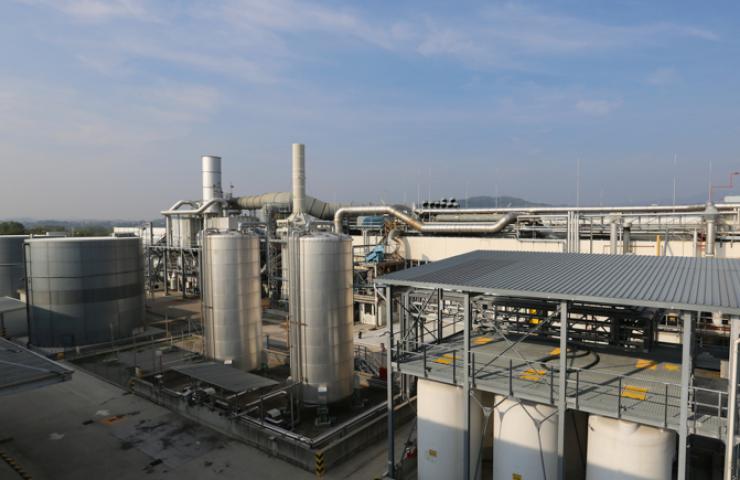



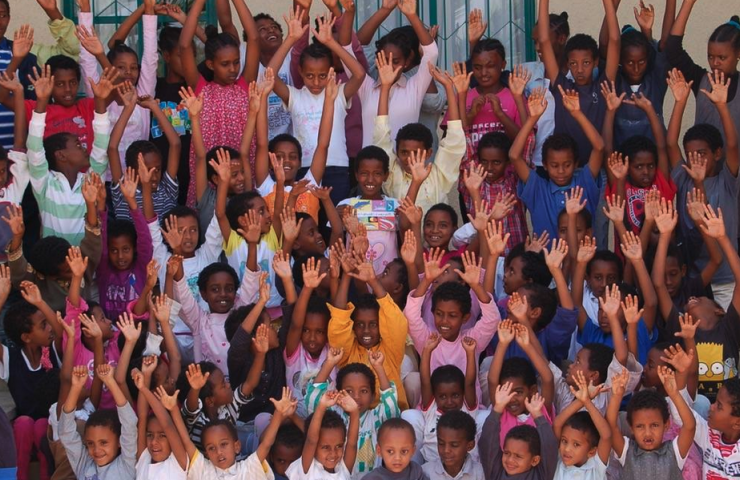




Since 2022, Coveme has been publishing the Group's sustainability report, driven by the awareness that sustainability has become a central element for a company's success today.
The sustainability report is important because it offers a complete picture of a company's activities and performance, paying attention to the balance of economic, social and environmental aspects in order to create long-term value for the company and for future generations.
Coveme was accompanied on this journey by Ernst & Young, specialized in consultancy for sustainable strategic innovation.
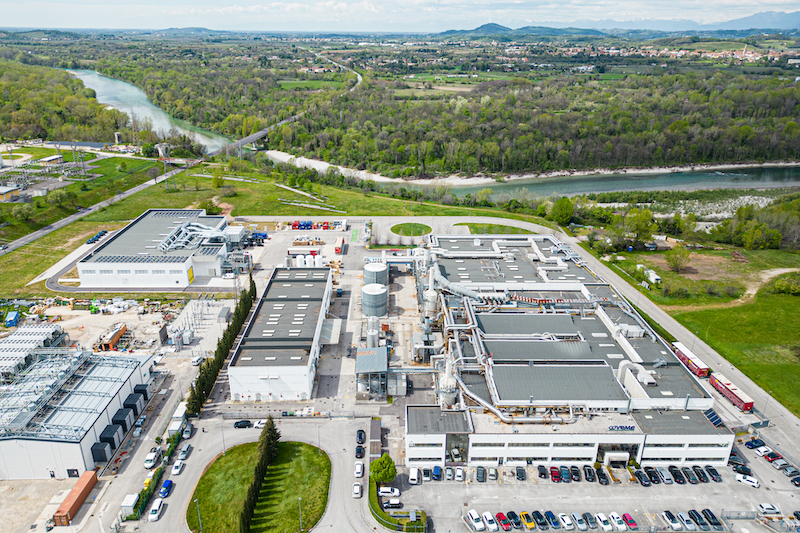
This can also translate into competitive advantages and new growth opportunities for the company.
We hope that you too will join us in this journey!
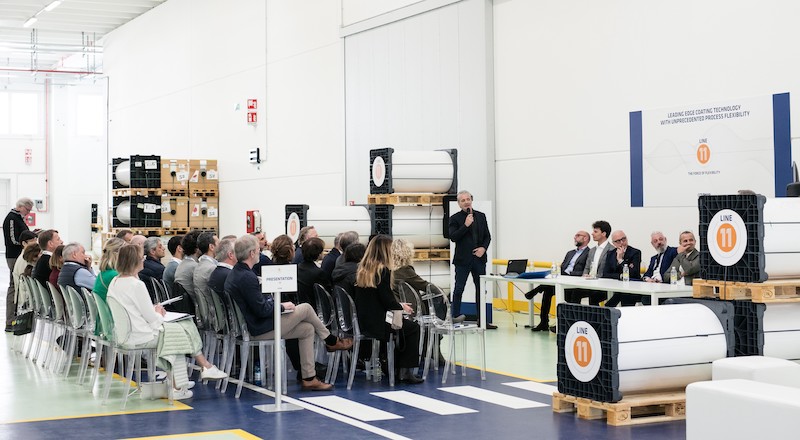
In the context of corporate sustainability, the calculation of the Carbon Footprint (CFP) is linked to the measurement of greenhouse gas emissions (CO2) generated by the organization through a shared international standard (GHG Protocol).
The GHG Protocol, born in 1997, was developed to provide a tool for the accounting and reporting of greenhouse gas (CO2) emissions by companies and organizations and provides methodological guidance on how to measure emissions in 3 different scopes or areas :
From the measurement of emissions (CO2) of the Coveme group, according to the GHG Protocol, it emerged that in 2023 the emissions deriving from scopes 1 and 2 represent 11%, while those deriving from scope 3 represent 89% of the total. Within scope 3 the most significant item concerns the purchase of raw material, i.e. polyester film.
Coveme, which already offers a range of recycled PET (rPET), will focus on the next years on this topic by pushing the offer of eco-sustainable materials.
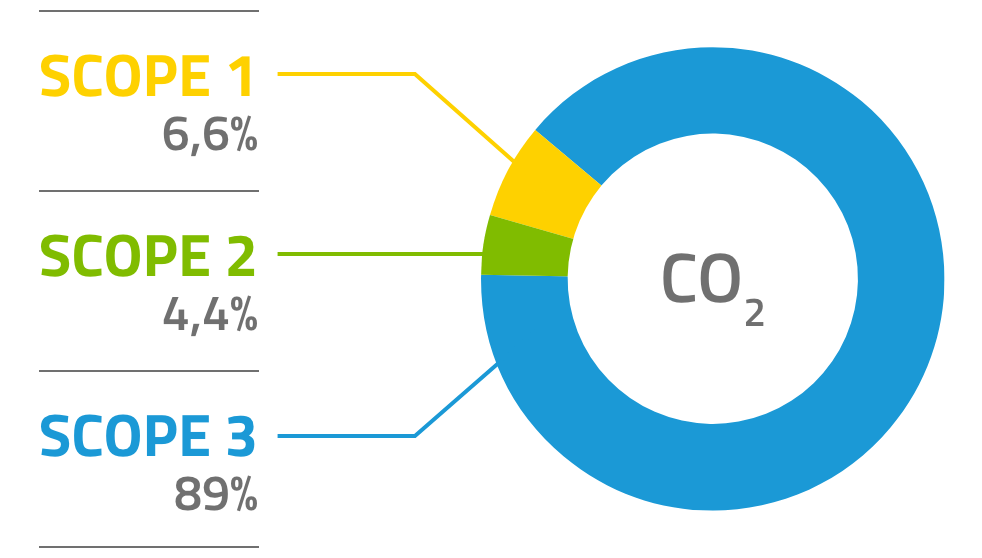
From the measurement of emissions (CO2) of the Coveme group, according to the GHG Protocol, it emerged that in 2023 the emissions deriving from scopes 1 and 2 represent 11%, while those deriving from scope 3 represent 89% of the total.
It should be considered that scope 3 almost always represents the most important part of a company's emissions. In the case of Coveme, 92% of scope 3 emissions are represented by the purchase of raw materials, in particular polyester film.
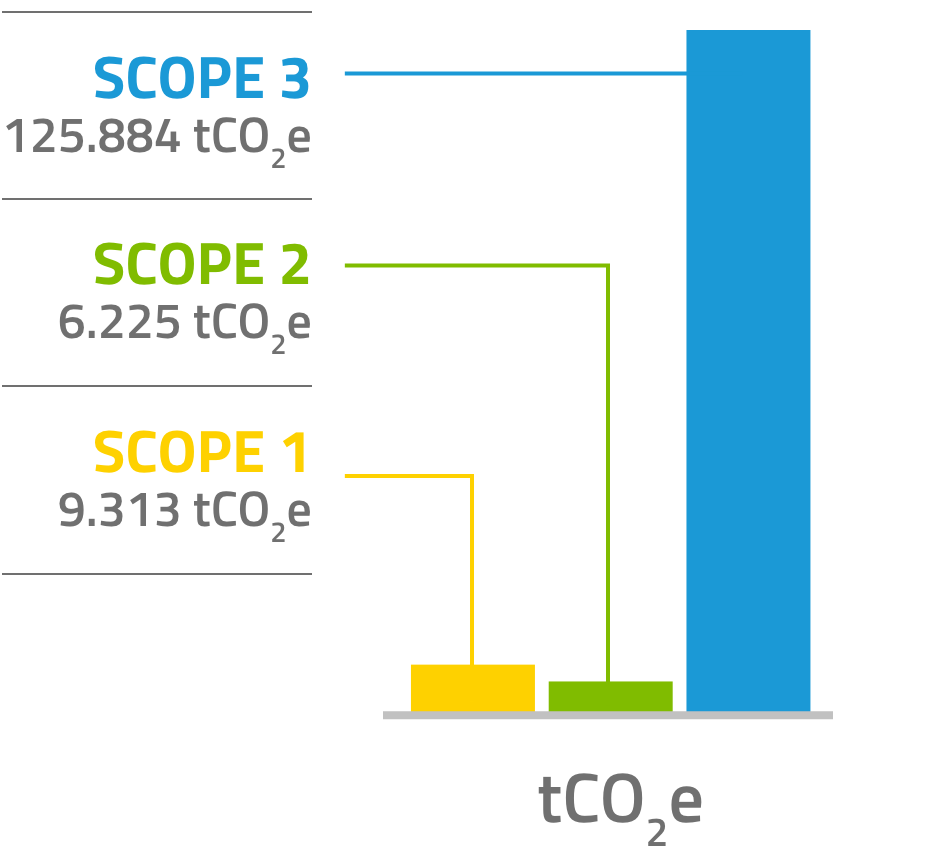
CFP (Carbon Footprint of a Product) is the sum of greenhouse gas emissions and removals in a product system, expressed as CO2 equivalents and based on a life cycle assessment using the single climate change impact category.
At the Coveme group level, the guidelines of the greenhouse gas (GHG) protocol were followed, which consist of the quantification and categorization of indirect and direct emissions.
During 2023 we quantified the annual greenhouse gas emissions at the level of the Coveme organization group, they were 140.070 tonnes of CO2 equivalent.
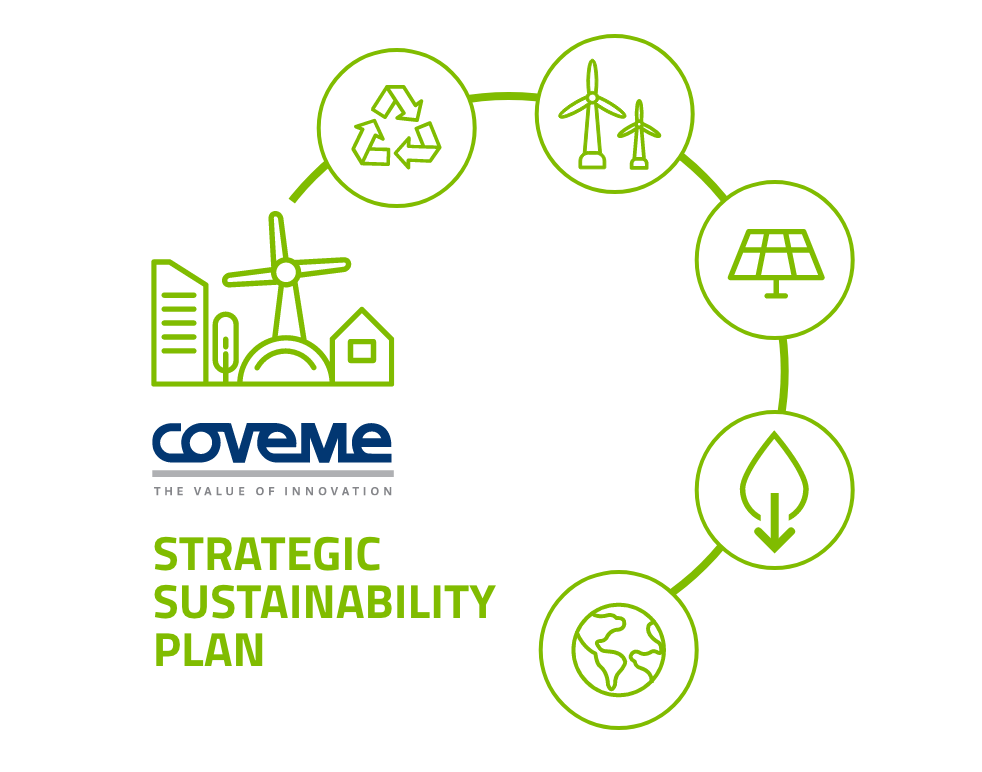
During the analysis carried out, all the direct and indirect sources of emissions generated by the company were mapped and measured and thanks to this classification Coveme can now decide which actions to take to try to reduce its emissions.
As a next step, Coveme will draw up a medium and long-term Strategic Sustainability Plan in which the various actions to be implemented in the coming years in the various company areas will be identified.
Coveme is ISO 14001: 2015 certified for environmental management since 2012 and ISO 45001:2023 certified for occupational health and safety, wheras in 2021 it received the Bronze Medal of the Ecovadis rating and the Ecomate rating, platforms that evaluate the solidity of society from an environmental, social and governance point of view.
The company also published its first Sustainability Report in 2023 and calculated the organizational Carbon Footprint according to the GHG Protocol, purposes 1,2,3. Since 2024 it has implemented a Strategic Sustainability Plan for the entire group.
In 2012 the company adopted the international standard ISO 14001 which establishes the requirements for an environmental management system. For Coveme, the voluntary adoption of an environmental management system means committing itself to reducing its impacts, paying attention to the consumption of natural resources and improving its environmental performance in compliance with legal requirements.
This is a strategic choice for Coveme, which is aware of the value and importance of being able to contribute to a sustainable growth model that places the environmental issue at the center.
Coveme, by pursuing the environmental management policy of ISO 14001, participates in the achievement of some of the objectives in the UN Agenda 2030 for sustainable development, more precisely Goals 7,8,9,12,13.

The continuous attention in guaranteeing adequate working conditions in terms of health and well-being has led Coveme to obtain the ISO 45001 certification. This standard with its systemic approach guides the company in risk management, in managing legislative compliance, the diffusion of increasingly safe work practices, and in the assessment of workers' health.
Coveme, by promoting the occupational health and safety policy of ISO 45001, participates in the achievement of some of the objectives in the UN Agenda 2030 for sustainable development that are Goals 3 and 8.


The UN Agenda 2030 is an action program for people, the planet and prosperity signed in September 2015 by the governments of the 193 UN member countries and incorporates 17 different objectives for Sustainable Development, the Sustainable Development Goals, short SDGs.
The official launch of the Sustainable Development Goals was at the beginning of 2016, and these goals have the task of guiding the world over the next 15 years with the aim to help the countries involved in their achievement by 2030
In 2024 Coveme received the bronze medal from the Ecovadis rating, a platform that evaluates the sustainability performance of companies which places the company in the highest 77th percentile of the market. Coveme's overall score was 65/100, which is 35% higher than the industry average. This is a great achievement for the Coveme team.
The rating is based on the main international sustainability standards that take into account the sector, size and geographical location of the company.
The score takes into account the policies adopted, the actions taken and the results obtained by Coveme with respect to 21 sustainability criteria collected in four macro-areas: environment, work practices and human rights, ethics and sustainable purchases.
The results obtained in recent years and the desire to do better and better testify to Coveme's constant commitment to the issues of corporate social responsibility (CSR) and led the company, firstly to the drafting of the group's first Sustainability Report and, subsequently, to the calculation of the Organizational Carbon Footprint of the entire Coveme group, according to the GHG Protocol (scopes 1,2,3).
In the near future, based on the data collected from the analysis carried out, the company will continue the implementation of the medium and long-term Strategic Sustainability Plan in which the various actions to be implemented in the different company areas will be identified.
As a manufacturing reality, our major investments are aimed at production capacity and the efficiency of the production process. Concentrating investments on innovative production technologies with low environmental impact, as well as on the well-being and professional development of our employees, it means carrying forward a business model that is not only profitable but also sustainable in future years.

Since 2022, Coveme has been publishing the Group's sustainability report, driven by the awareness that sustainability has become a central element for a company's success today.
The sustainability report is important because it offers a complete picture of a company's activities and performance, paying attention to the balance of economic, social and environmental aspects in order to create long-term value for the company and for future generations.
Coveme was accompanied on this journey by Ernst & Young, specialized in consultancy for sustainable strategic innovation.

This can also translate into competitive advantages and new growth opportunities for the company.
We hope that you too will join us in this journey!

In the context of corporate sustainability, the calculation of the Carbon Footprint (CFP) is linked to the measurement of greenhouse gas emissions (CO2) generated by the organization through a shared international standard (GHG Protocol).
The GHG Protocol, born in 1997, was developed to provide a tool for the accounting and reporting of greenhouse gas (CO2) emissions by companies and organizations and provides methodological guidance on how to measure emissions in 3 different scopes or areas :
From the measurement of emissions (CO2) of the Coveme group, according to the GHG Protocol, it emerged that in 2023 the emissions deriving from scopes 1 and 2 represent 11%, while those deriving from scope 3 represent 89% of the total. Within scope 3 the most significant item concerns the purchase of raw material, i.e. polyester film.
Coveme, which already offers a range of recycled PET (rPET), will focus on the next years on this topic by pushing the offer of eco-sustainable materials.
From the measurement of emissions (CO2) of the Coveme group, according to the GHG Protocol, it emerged that in 2023 the emissions deriving from scopes 1 and 2 represent 11%, while those deriving from scope 3 represent 89% of the total.
It should be considered that scope 3 almost always represents the most important part of a company's emissions. In the case of Coveme, 92% of scope 3 emissions are represented by the purchase of raw materials, in particular polyester film.

CFP (Carbon Footprint of a Product) is the sum of greenhouse gas emissions and removals in a product system, expressed as CO2 equivalents and based on a life cycle assessment using the single climate change impact category.
At the Coveme group level, the guidelines of the greenhouse gas (GHG) protocol were followed, which consist of the quantification and categorization of indirect and direct emissions.
During 2023 we quantified the annual greenhouse gas emissions at the level of the Coveme organization group, they were 140.070 tonnes of CO2 equivalent.

During the analysis carried out, all the direct and indirect sources of emissions generated by the company were mapped and measured and thanks to this classification Coveme can now decide which actions to take to try to reduce its emissions.
As a next step, Coveme will draw up a medium and long-term Strategic Sustainability Plan in which the various actions to be implemented in the coming years in the various company areas will be identified.


Coveme is working in partnership with customers and suppliers to offer the market eco-friendly products and to contribute to a circular economy and "Life Cycle Assessment (LCA)" process:
Coveme promoted the study of the Carbon Footprint through the LCA (life cycle assessment) analysis of two products representative of the range offered to the market. A backsheet film for solar panels and a Kemafoil® film for various industrial uses.
These analyzes were carried out by the Politecnico di Milano and by Gesteco, a company that develops integrated solutions for the environment.
Click here to see the LCA study of solar module backsheet film
Click here to see the LCA study of Kemafoil® film for different industrial uses.
To learn more about specific Green and recycled products, click:
Transfer release sustainable products
Photovoltaic sustainable product










